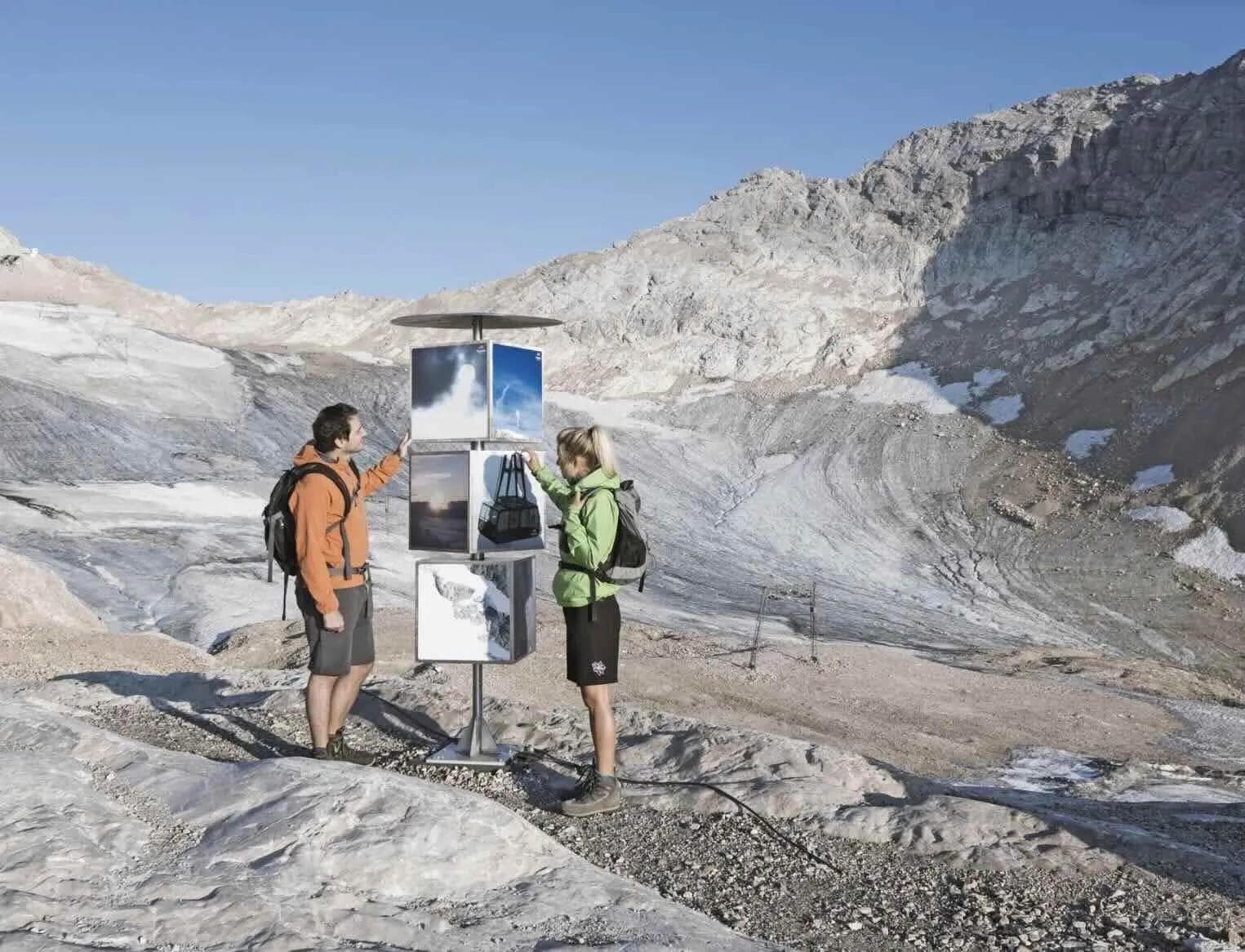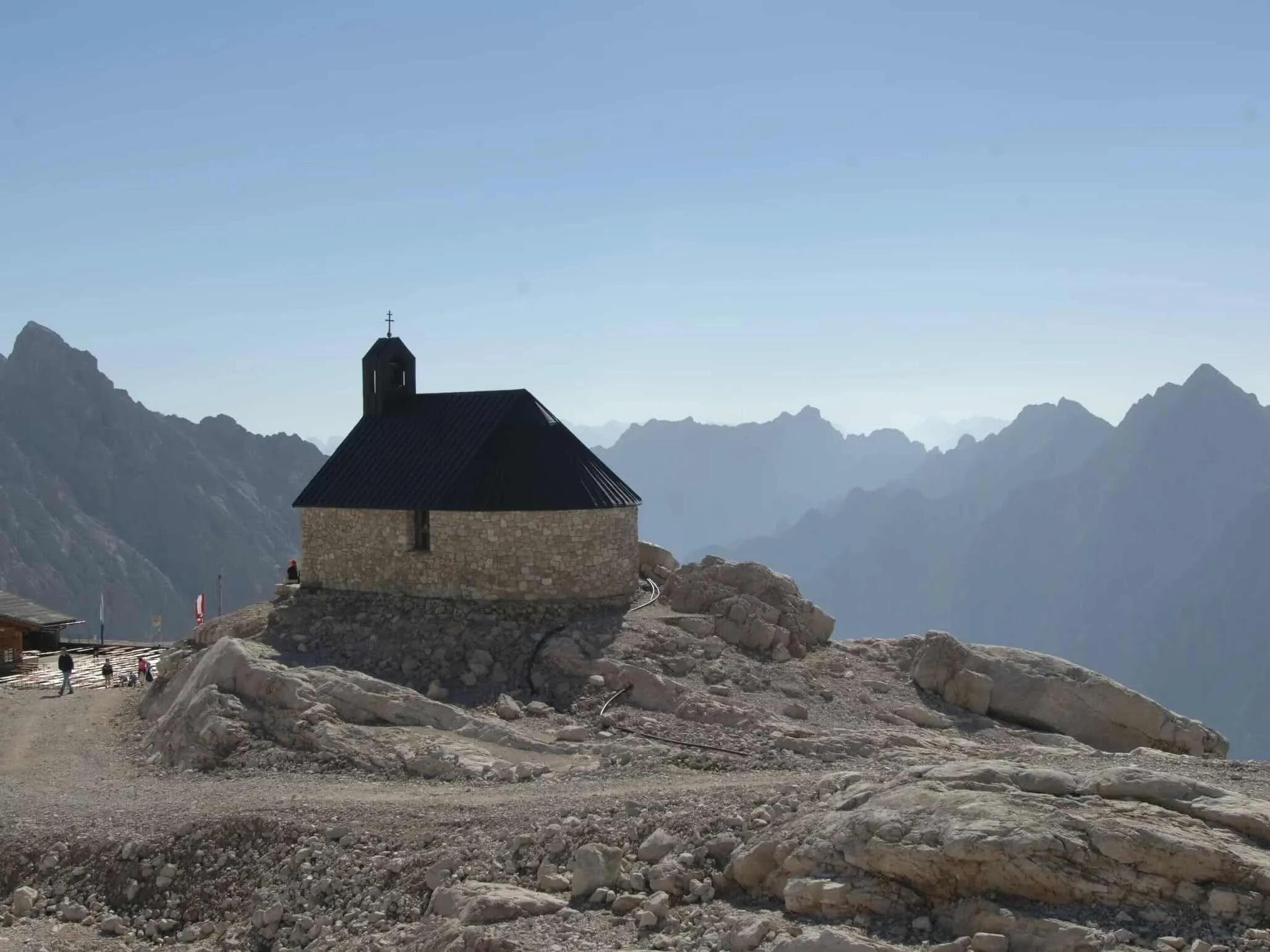
Zugspitze Ski Resort Offers 'Farewell Tour' of Melting Glacier
Published Date:
Categories
Zugspitze Ski Resort: A Glacier's Last Stand Against Climate Change At Zugspitze, Germany's highest ski resort and home to its largest glacier, visitors can now embark on a sobering journey. The resort has introduced a self-guided "Farewell Tour" of its glacier, offering summer visitors a chance to witness firsthand the effects of climate change on this iconic alpine landscape.Standing tall at 2,962 meters (9,718 feet) above sea level near Garmisch-Partenkirchen in Bavaria, Zugspitze once boasted three glaciers. However, the Southern Schneeferner lost its glacier status in 2022 due to extensive melting. What was once a vast 40-hectare ice field in 1979 had dwindled to a mere 1.7 hectares by 2018. While the Northern Schneeferner (30.7 hectares) and Höllentalferner (24.7 hectares) still maintain their glacier status, their future looks increasingly uncertain.In collaboration with the Environmental Research Station Schneefernerhaus, Zugspitze has revamped its Glacier Trail on the Nördlicher Schneeferner glacier. The trail features six informative panels that educate visitors about the glaciers, the impact of global warming, ongoing environmental research, and the area's unique geology.

Throughout the tour there are numerous points where you can learn about the history of the glacier. Credit: Zugspitze Resort Located just a 15-minute walk from Restaurant Sonnalpin, this loop trail offers a 45-minute journey that can be completed in either direction. While the trail itself is open year-round, the informational panels are only installed during the summer season, making it a must-visit attraction for off-season tourists and environmental enthusiasts.Zugspitze's history as a ski resort dates back to 1926 when the first lifts were installed. In its heyday, the area even offered summer skiing. For three decades, the resort has used protective sheets in an attempt to shield the glaciers from summer melting. Despite these efforts and its high altitude, which typically ensures the deepest snow cover in Germany during winter, the glaciers continue to recede at an alarming rate.This phenomenon isn't unique to Zugspitze. Across Europe, ski resorts are grappling with similar challenges. Some areas have held symbolic funeral services for glaciers declared "dead," while others have erected gravestones to mark where glaciers once stood, serving as stark reminders of the changing climate.



